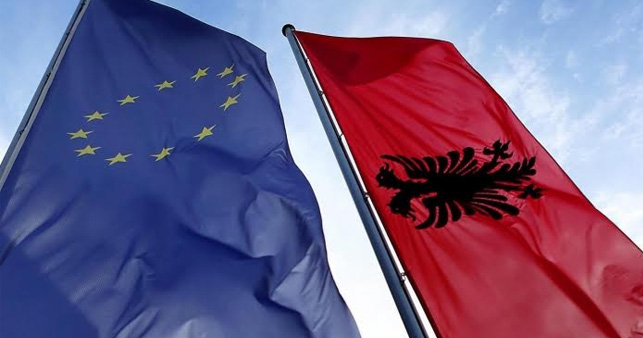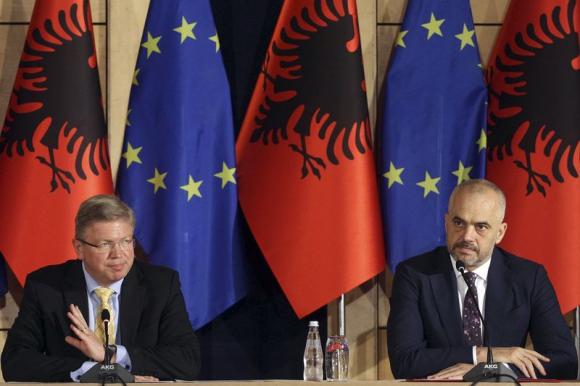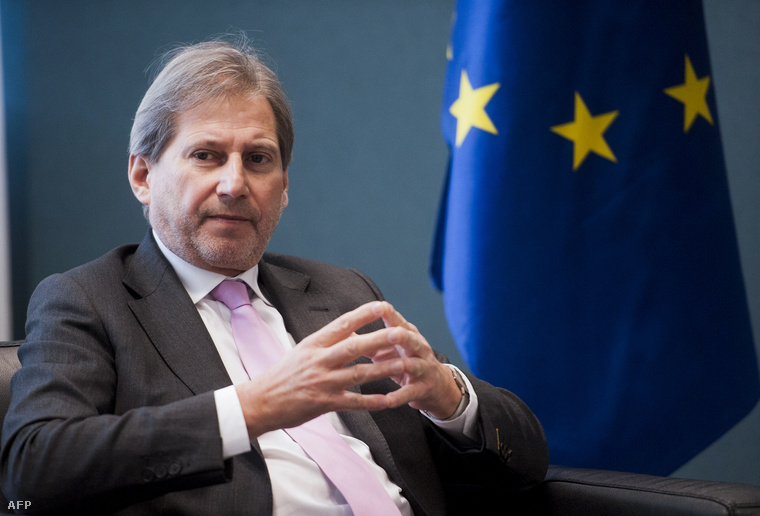The diplomat of European Union has confirmed EU membership to Albania. But then, the decision is yet to be agreed by the government or the heads of the states. While Albania is on the way to success, BiH couldn’t acquire the status. It is because they failed to remain persistent in resolving two major problems and conditions. Firstly, they couldn’t implement the Sejdic-Finci verdict proposed by the European Court of Human Rights and secondly, they failed to establish mechanisms for coordinating relations with the EU.
However, Albania’s path of acquisition was not easy. Nevertheless, the country had made good progress in consolidating its democracy efficiently. They had to face a lot of political issues and had to deal with the slow process of enforcing the reforms. Deep polarization between the Democratic Party and the Socialist Party is one of the major obstacles they had to face. Officially, it is in 2000 when Albania was recognized as a candidate country by EU, although negotiations on SAA began in 2003. On signing this agreement on 12th June 2006, Albania took their first step toward full membership. Since then Albania has been engaged with the EU institutions and became a part of NATO in 2009.



